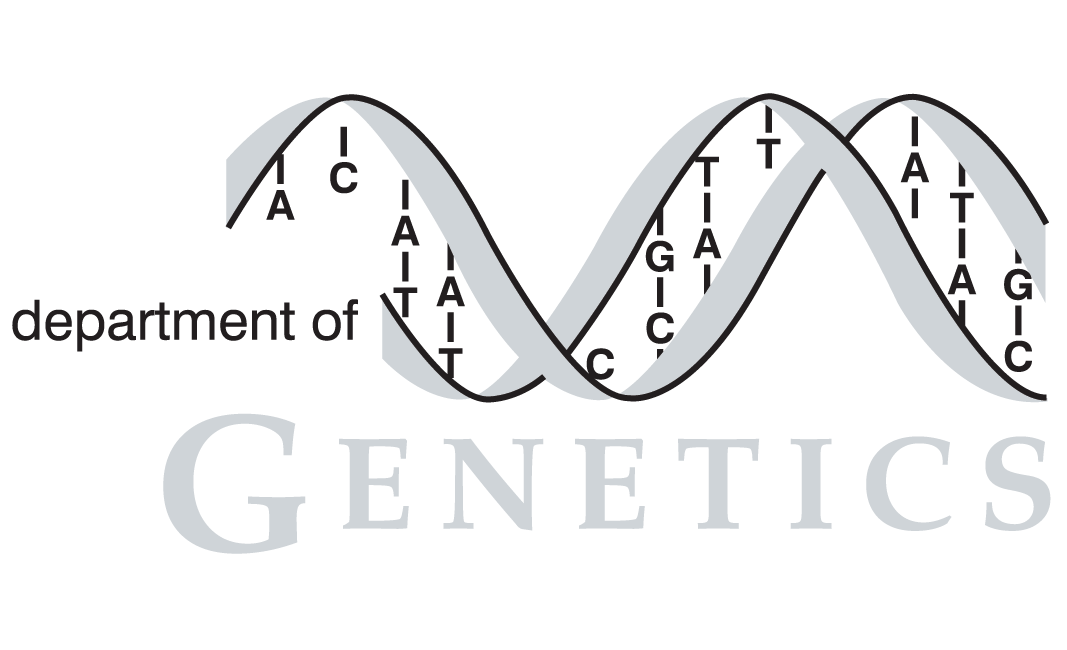| Citation | Hong KK, Vongsangnak W, Vemuri GN, Nielsen J. Unravelling evolutionary strategies of yeast for improving galactose utilization through integrated systems level analysis. Proceedings of the National Academy of Sciences of the United States of America, 2011. |
| PubMed ID | 21715660 |
| Short Description | Unravelling evolutionary strategies of yeast for improving galactose utilization through integrated systems level analysis. |
| # of Conditions | 12 |
Full Description

|
Identification of the underlying molecular mechanisms for a derived phenotype by adaptive evolution is difficult. Here, we performed a systems-level inquiry into the metabolic changes occurring in the yeast Saccharomyces cerevisiae as a result of its adaptive evolution to increase its specific growth rate on galactose and related these changes to the acquired phenotypic properties. Three evolved mutants (62A, 62B, and 62C) with higher specific growth rates and faster specific galactose uptake were isolated. The evolved mutants were compared with a reference strain and two engineered strains, SO16 and PGM2, which also showed higher galactose uptake rate in previous studies. The profile of intermediates in galactose metabolism was similar in evolved and engineered mutants, whereas reserve carbohydrates metabolism was specifically elevated in the evolved mutants and one evolved strain showed changes in ergosterol biosynthesis. Mutations were identified in proteins involved in the global carbon sensing Ras/PKA pathway, which is known to regulate the reserve carbohydrates metabolism. We evaluated one of the identified mutations, RAS2(Tyr112), and this mutation resulted in an increased specific growth rate on galactose. These results show that adaptive evolution results in the utilization of unpredicted routes to accommodate increased galactose flux in contrast to rationally engineered strains. Our study demonstrates that adaptive evolution represents a valuable alternative to rational design in bioengineering of improved strains and, that through systems biology, it is possible to identify mutations in evolved strain that can serve as unforeseen metabolic engineering targets for improving microbial strains for production of biofuels and chemicals. |
Tags
 |
Contact: sgd-helpdesk@lists.stanford.edu


